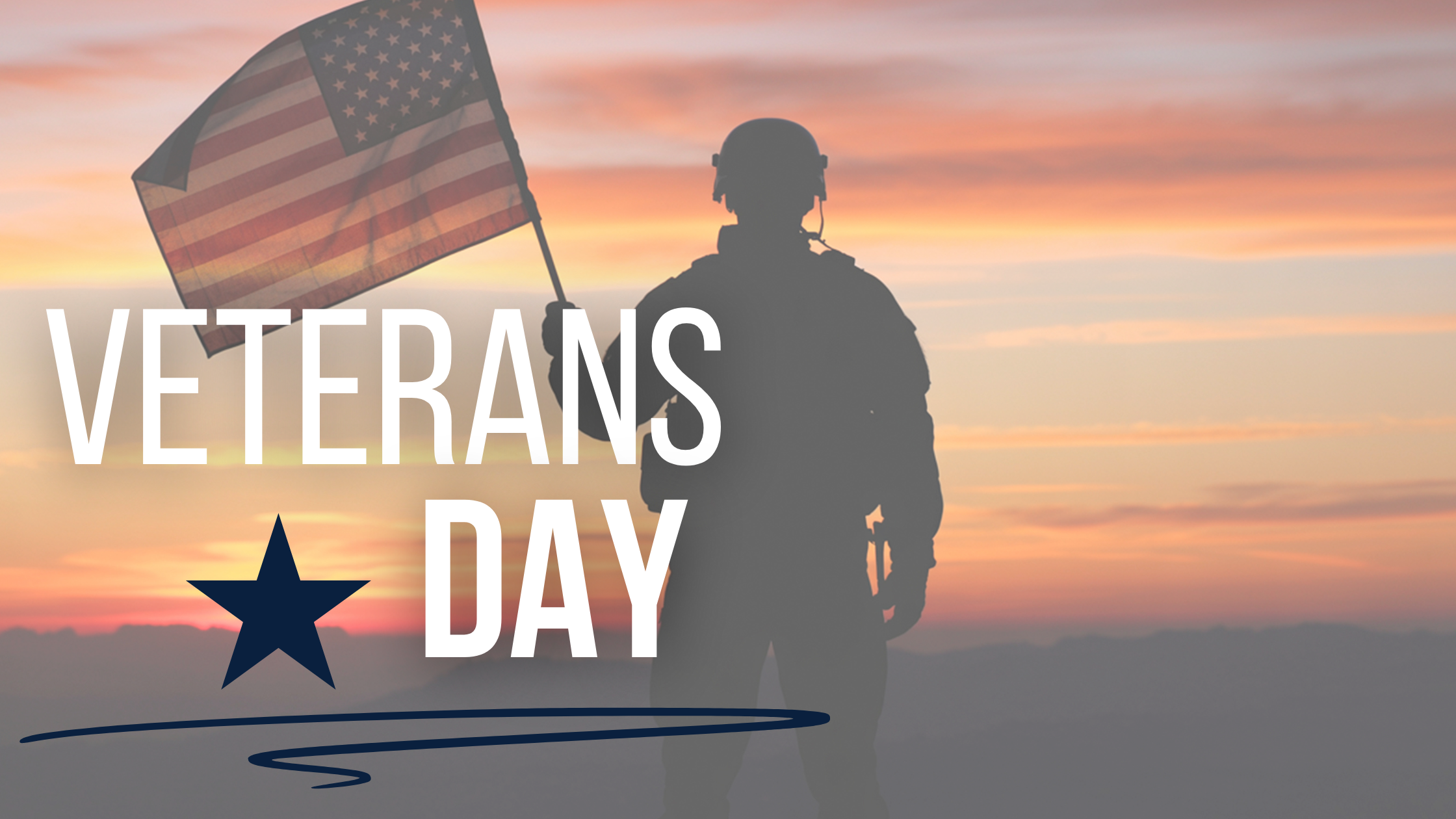September is National Update Your Resume Month, a reminder for job seekers to take a fresh look at their resumes and ensure they are ready for the next opportunity. At Work for Warriors MS, we understand that crafting the right resume is one of the most crucial steps in securing a career, particularly for service members and veterans transitioning into the civilian or federal workforce.
This month, our Employment Coordinator, Theresa Neal, is sharing her expertise after returning from a federal resume training session in Hawaii with renowned resume expert Kathryn Troutman. Theresa recently earned the Certified Federal Resume Writer (CFRW) and Ten Steps to a Federal Job Trainer certifications. In her role at Work for Warriors MS, she answers questions daily about both federal and civilian resumes, helping job seekers navigate the differences and understand what employers are really looking for. Below, she offers her insights on the most common questions we hear. You can learn more about the training and resources here.
Federal Resume Writing Tips
What makes a federal resume different from a civilian resume?
The biggest difference is detail. Federal resumes are more extensive, with thorough work histories, education, and examples of experiences that prove your skills. Civilian resumes are typically shorter and more focused on grabbing attention quickly with key accomplishments.
How long should a federal resume be?
Traditionally, federal resumes were at least five pages. However, the modern approach leans toward a more condensed, targeted style, often around two pages. Starting on September 27, 2025, federal agencies will only accept resumes up to two pages in length to comply with the Merit Hiring Plan. USAJOBS will not allow you to upload or build resumes longer than two pages, so you will need to update the resumes in your profile before applying to a job. You can find more details on resume page limits here.
What common mistakes do applicants make when applying for federal jobs?
The most frequent issues include using the wrong resume format, leaving out required information or documents, and failing to use keywords from the job announcement.
What are KSAs, and how should they be included?
Knowledge, Skills, and Abilities (KSAs) are the core competencies required for a federal role. Theresa recommends pulling keywords from the job posting and backing them up with real examples from your experience.
How important are keywords from the job announcement?
Extremely important. The federal hiring process often uses applicant tracking systems that screen resumes for specific keywords. Without them, a qualified candidate’s resume might never reach a hiring manager.
What advice would you give to veterans transitioning into a federal career?
Start planning early since the federal hiring process can take up to six months or longer. Keep your resume updated and make sure military service roles are translated into civilian equivalents. And most importantly, ask for help if you get stuck. Trained professionals, like the team at Work for Warriors MS, can walk you through the process.
What was the biggest takeaway from your training with Kathryn Troutman?
Kathryn uses a step-by-step outline that not only shows how a federal resume should look but also guides job seekers through the entire hiring process. This structured approach makes what can often feel overwhelming much more manageable.
Civilian Resume Writing Tips
What do employers look for on a civilian resume?
A clean and professional layout, easy-to-read formatting, and clear skills and accomplishments that match the job description.
How can job seekers tailor resumes for different industries?
Theresa recommends starting with a master resume that lists all of your jobs, skills, and experiences. From there, create a targeted resume for each industry or position, pulling in keywords from the specific job announcement.
What is the best way for veterans to translate military experience into civilian terms?
Replace acronyms and jargon with clear civilian language. For example, instead of using a MOS code like 91D, describe it as Technical Maintenance and Repair.
Are cover letters still important?
Yes. A resume outlines your qualifications, but a cover letter gives you a chance to explain why you are passionate about the role and what you can bring to the company’s future.Lorem ipsum dolor sit amet, consectetur adipiscing elit. Ut elit tellus, luctus nec ullamcorper mattis, pulvinar dapibus leo.
How far back should a resume go?
Generally, 10 to 15 years, unless older work experience directly relates to the job you are applying for.
What are resume red flags?
Typos, grammatical errors, poor formatting, unexplained employment gaps, and AI-generated skills without real-world accomplishments to back them up.
What advice would you give someone just starting their resume?
Start with a master resume that includes everything, from jobs and training to education and achievements. From there, tailor a version that matches your current career goals.
What resources does Work for Warriors MS provide for resume help?
Our team assists service members and veterans by creating targeted resumes for both federal and civilian job applications, translating military experience into civilian roles, and offering one on one guidance to help job seekers highlight their skills effectively.
Final Thoughts
Updating your resume may seem like a small task, but it can open doors to life-changing career opportunities. Whether you are aiming for a federal position or a civilian career, the Work for Warriors MS team is here to support you.
For personalized resume help, contact us today and let us walk alongside you in your career journey.


